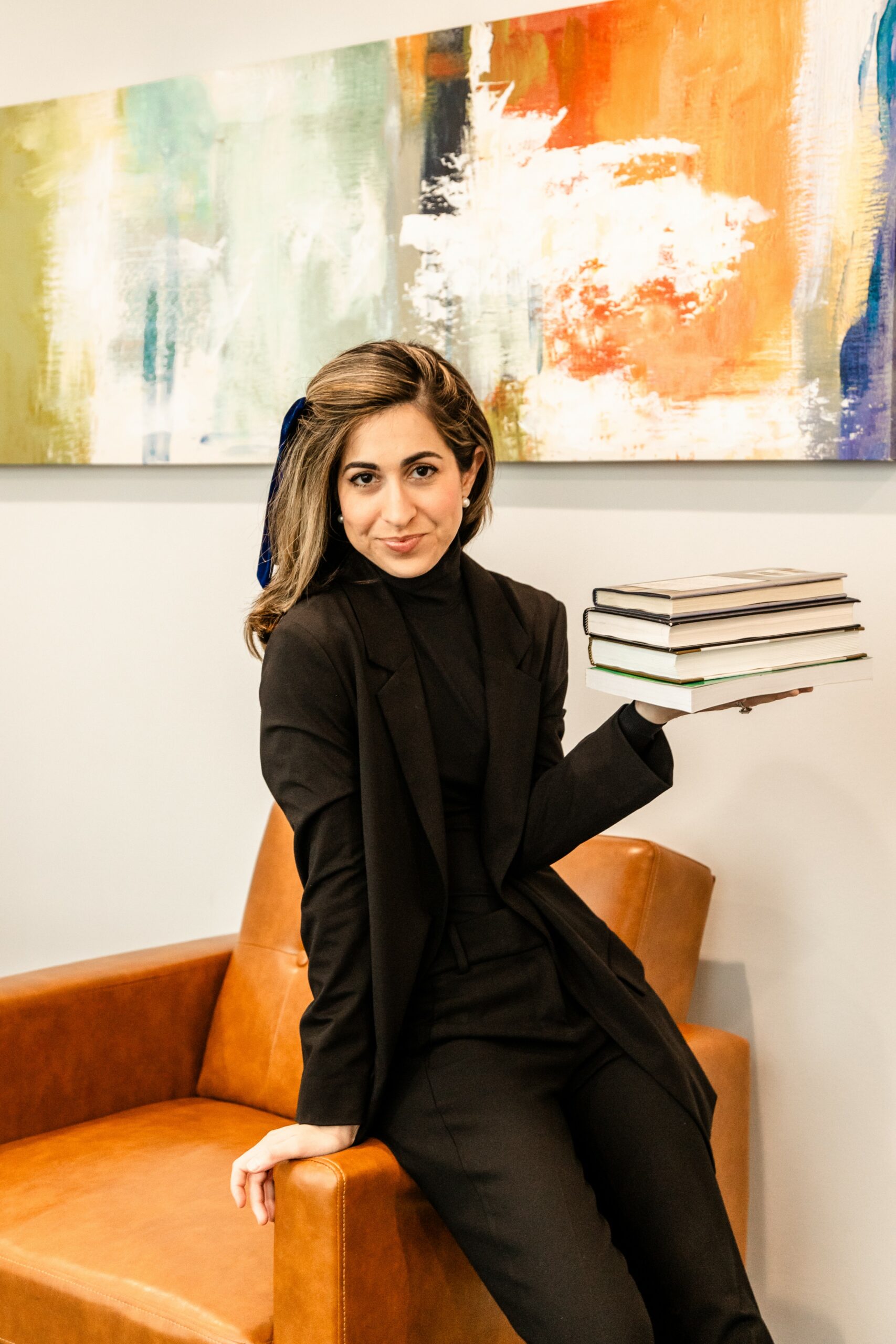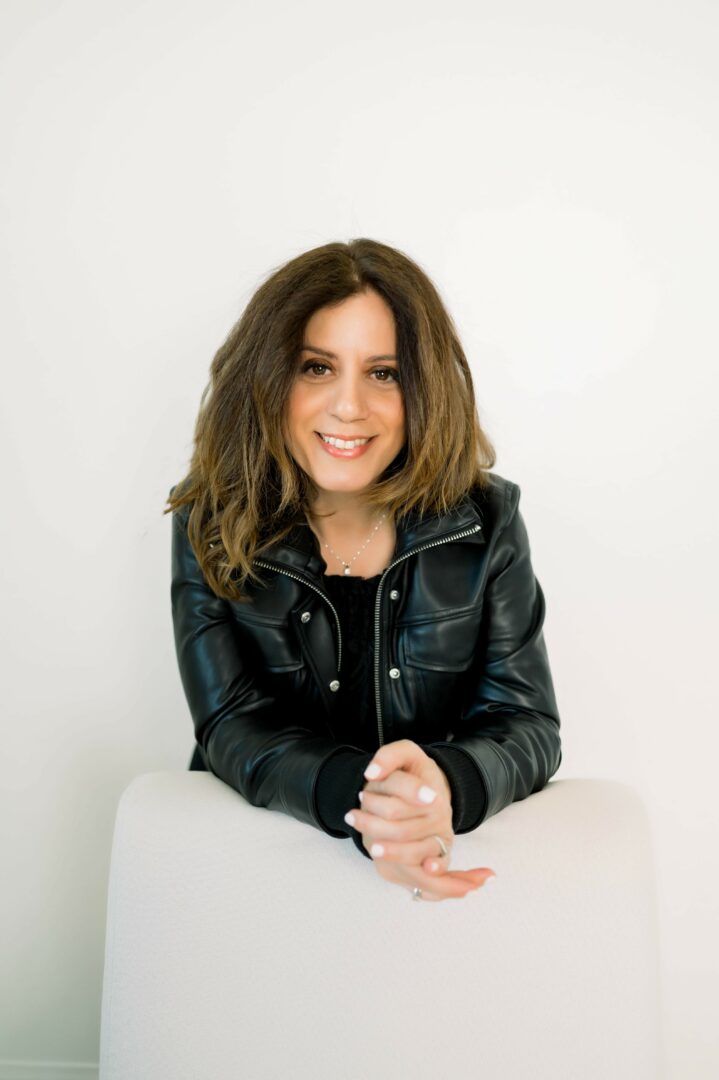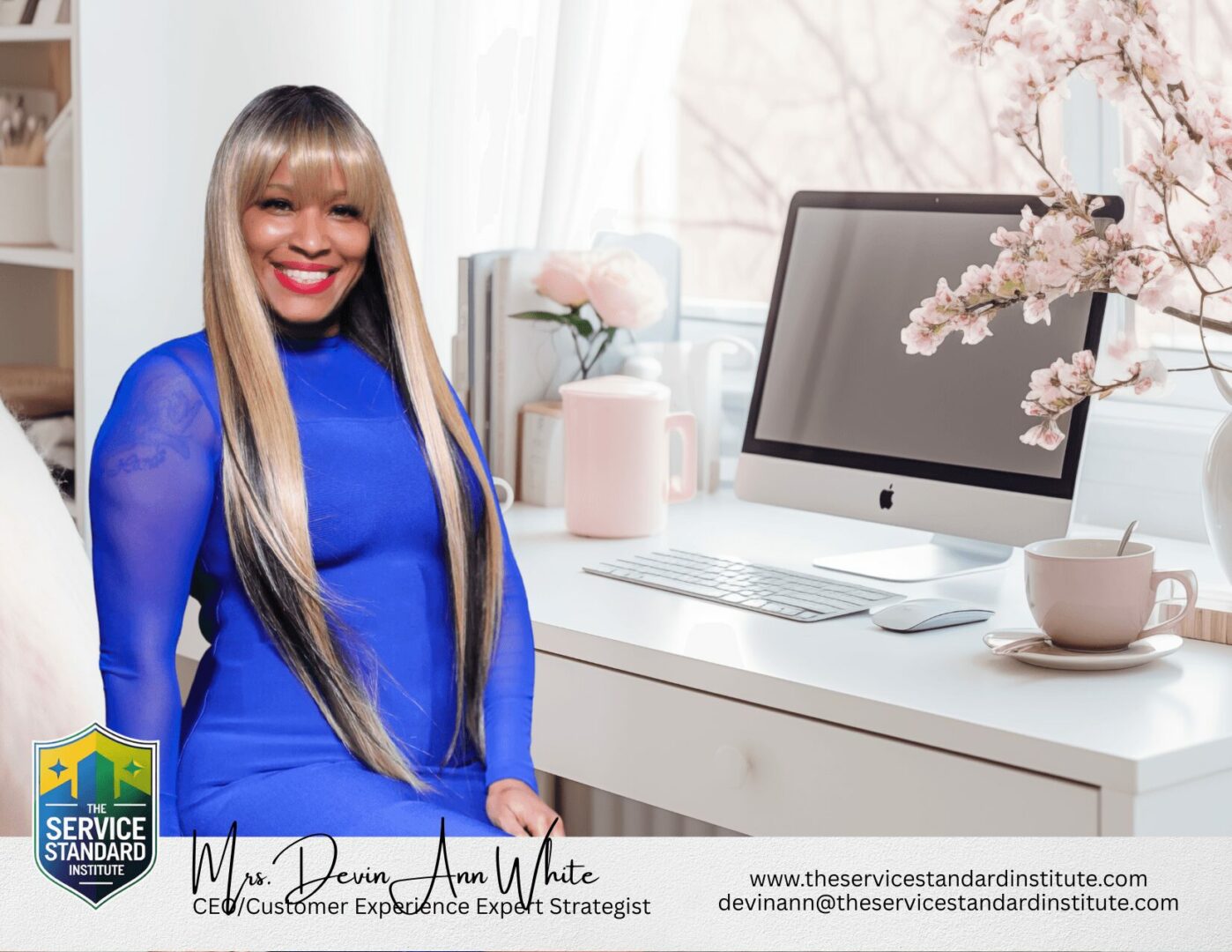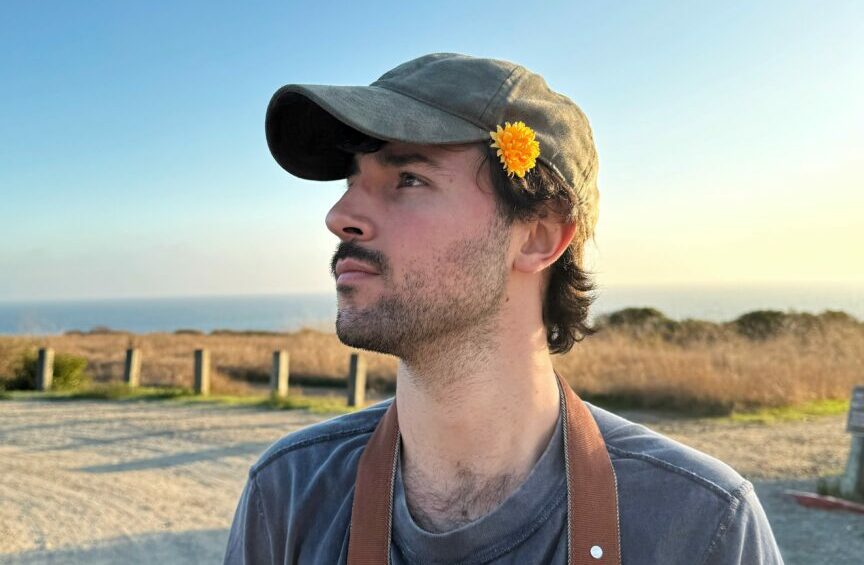We recently connected with Gilly Kahn and have shared our conversation below.
Hi Gilly, thank you so much for opening up with us about some important, but sometimes personal topics. One that really matters to us is overcoming Imposter Syndrome because we’ve seen how so many people are held back in life because of this and so we’d really appreciate hearing about how you overcame Imposter Syndrome.
I actually started tearing up while reviewing the question options because they made me realize how much left I have to learn. As a woman with Attention-Deficit/Hyperactivity Disorder (ADHD) with a history of depression, I am no stranger to the intensity of rejection sensitivity. The truth is that I don’t think I will ever overcome imposter syndrome. I believe my confidence and self-esteem are a work in progress. I learned to accept that feeling afraid, or like an imposter at times, is a part of life. Without it, life would just be static. Although as women we want to feel like we have overcome weakness, vulnerability, and feeling like an imposter, if we are really honest with ourselves, at what point are these things “overcome?”
However, I will say that taking risks and being okay with the possibility of failing have helped me feel more like I deserve things in life and that I belong wherever I am. My husband continually tells me, “If you don’t ask, the answer is always no,” and “The squeaky wheel gets the grease.”
As a teen, while my husband and I were just dating, I was timid. There was this energy inside of me but I was suppressing it because I worried about how others would respond. The thing is that people with ADHD actually get rejected at a higher rate than people without ADHD, so it wasn’t all in my head.
But I’ve also learned to imagine a scale with a risk-benefit ratio. I can hide… or I can take risks and live my life the way I want. I’ve learned to choose the latter.
After a year of not getting into any clinical psychology programs, I completed a Master’s degree in Experimental Psychology, co-published a complex research article in a prestigious journal (Developmental Psychology), re-applied (this time to 15 Clinical Psychology Ph.D. programs) and was accepted into the one program I ended up attending. Then, I got married and had my first child while in graduate school and completed my doctorate, and just when one would think I have crossed all of my to-do’s off my list, oh boy, am I far from finished.
I’ve loved creative writing since I was about 14 and that was when I set the goal to one day publish a book that will make a positive difference. Almost one year ago, I combed through YouTube videos and websites to teach myself about the publishing process. I endured hit after hit of rejections from literary agents and then publishers. After weeks of intermittent periods of being hunched on the kitchen floor crying, hiding behind the kitchen island so no one would see me, I received an offer from a publishing company to acquire my book. The truth is that overcoming anything takes an excruciating degree of work and commitment– it takes grit. And the more doors you open up for yourself, the more, but also less, you’ll feel like an imposter.
Thanks for sharing that. So, before we get any further into our conversation, can you tell our readers a bit about yourself and what you’re working on?
When I was 14, there was nothing I loved more in the world than writing and reading Stephen King books. The more risk-ay or psychological the book, the more appealing it was to me. I liked pieces that were deep, real, emotionally evocative, and conversational. I carried this passion for creative writing into high school, when I wrote for and then became a coeditor-in-chief of our school’s literary magazine. At the time, there truly was nothing sweeter than the sound of students snapping at the poetry slam I proudly planned out with my peers.
The problem was, I knew writing would not be a stable career, and I was raised to be “smart” and to strive for independence, so I figured I’d give AP Psych a shot as a senior, and that was that– I started college as a Psychology major. The thing is that once I was in college studying psychology and enjoying every minute of it, I really started to miss being immersed in my writing and just in the “writing scene.” I missed being surrounded by other writers, by getting people’s feedback, by allowing myself to be genuine, to feel, to let my mind run wild. My college did not offer creative writing as a minor, so I just said ‘the heck with it’ and ended up double majoring. I decided I didn’t need to “settle” or only live one life. I could combine both professional lives while also striving to have children. I decided I would be a clinical psychologist and a mother and also attain my goal to publish.
And so that led me to where I am today. I have been practicing as a licensed clinical psychologist for over 2 years, with about 14 total years working or studying in the field of psychology. And now I am a debut author under contract working on my first book with the working title of, Allow Me to Interrupt: A Psychologist Reveals the Emotional Truth Behind Women’s ADHD. The genre is psychology/memoir/self-help, and my goal for the book is to make it practical and understandable, but most importantly– interesting and de-stigmatizing. I want my reader to walk away feeling human, worthy, and motivated to show the world what they are actually capable of (which I believe is a lot).
In case you’d like to learn more about my book and the podcasts, magazines, and blogs I’ve contributed to, feel free to visit my website (https://www.drgillykahn.com). And because my book is still in the works, I technically have some freedom to add or edit information, so if you would like to learn about something in particular that is related to ADHD and emotions, please reach out.
If you had to pick three qualities that are most important to develop, which three would you say matter most?
Here are the three things I’ve learned along the way that I would definitely recommend to others:
- Be open-minded and flexible. You have some control over your life, but a lot of life is just based on chance. It has taken me several frustrating experiences to realize that it can be extremely helpful to sometimes sit in the backseat and just allow the journey to take one where it may.
- Failing is part of the process. Failing is always going to be a part of life, but in some fields it will be more apparent than others, and creative writing is a biggie. If you’re a writer, I bet you know what I’m referring to. It’s a dog-eat-dog world out there, my friends. But if you are really that passionate about something, it is worth the effort. Get off the kitchen floor, dust yourself off, and get back to it. You may stop reading after I say this, but I sometimes find myself literally singing out loud, “Just Keep Swimming” from the Disney movie, Finding Nemo. Hey, whatever works, right?
- Choose a career you are truly passionate about. I’m sure you’ve heard this over and over again, and the reason is likely because it’s true– you need to like your career because you will be doing it for most of your life. But also keep in mind that life is not all about one thing. You can (and should) juggle in life because you never know when one ball will fall or when you’ll get bored of something and need a mental break from it. You can get a better idea of what you are passionate about by looking at a list of values and identifying your top 5-10. Then, ask yourself how your career choice meets those values. If you cannot answer that question, it may be the wrong career for you.
Okay, so before we go we always love to ask if you are looking for folks to partner or collaborate with?
Absolutely. I recognize that I am not alone in successfully delivering my messages about ADHD in girls and women. My priority right now is to find professionals in other related disciplines (e.g., pediatricians, PCPs, neurologists, psychiatrists, teachers) so that we can work together to promote interdisciplinary, wholesome, care for our clients. One big shortcoming of healthcare (at least in the U.S.) is the shortage of connectivity between different healthcare professionals. For example, ADHD and Migraine are highly related, but many people do not know that, and often if an ADHDer goes to a psychiatrist complaining of migraines, the psychiatrist will send them off to a neurologist, who may not be as familiar with ADHD. We need to find a way to develop a wider reach to communicate recent findings across different healthcare fields. Please email me ([email protected]) if you are interested in collaborating or you can contact me through my website.
Contact Info:
- Website: https://www.drgillykahn.com
- Instagram: https://www.instagram.com/drgillykahn/
- Other: https://conciergepsychology.com/drkahn/
https://www.additudemag.com/author/gilly-kahn-ph-d/
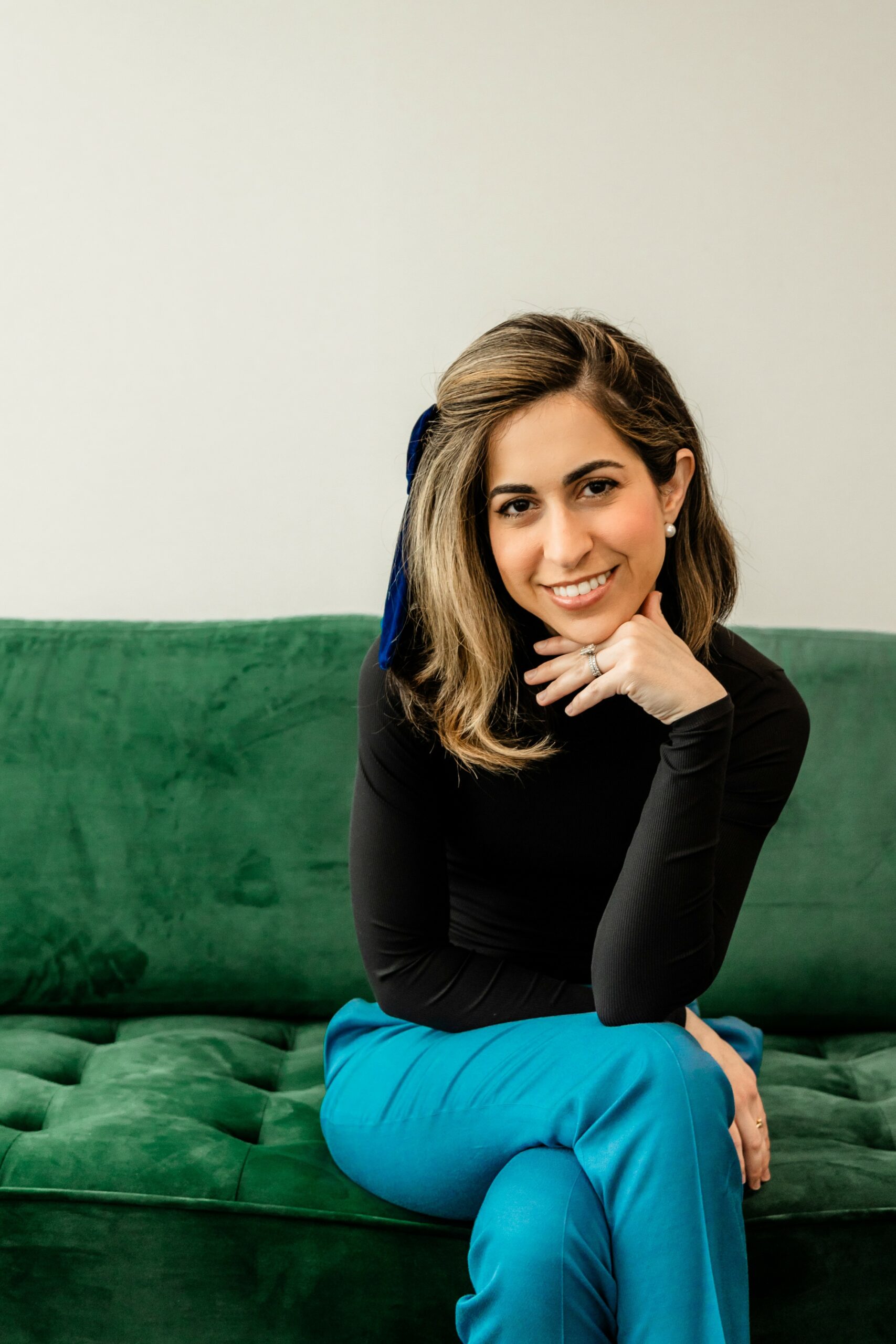
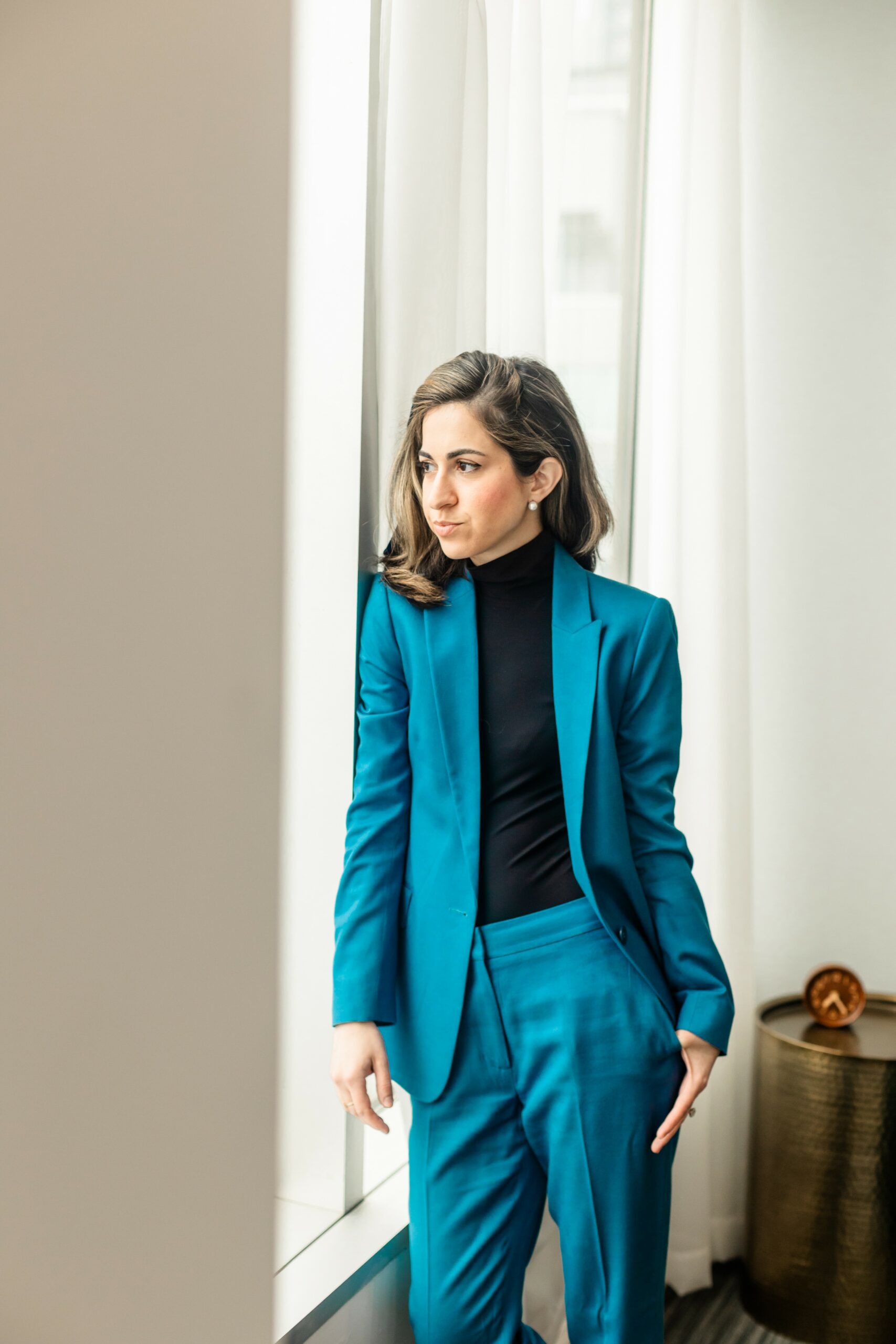
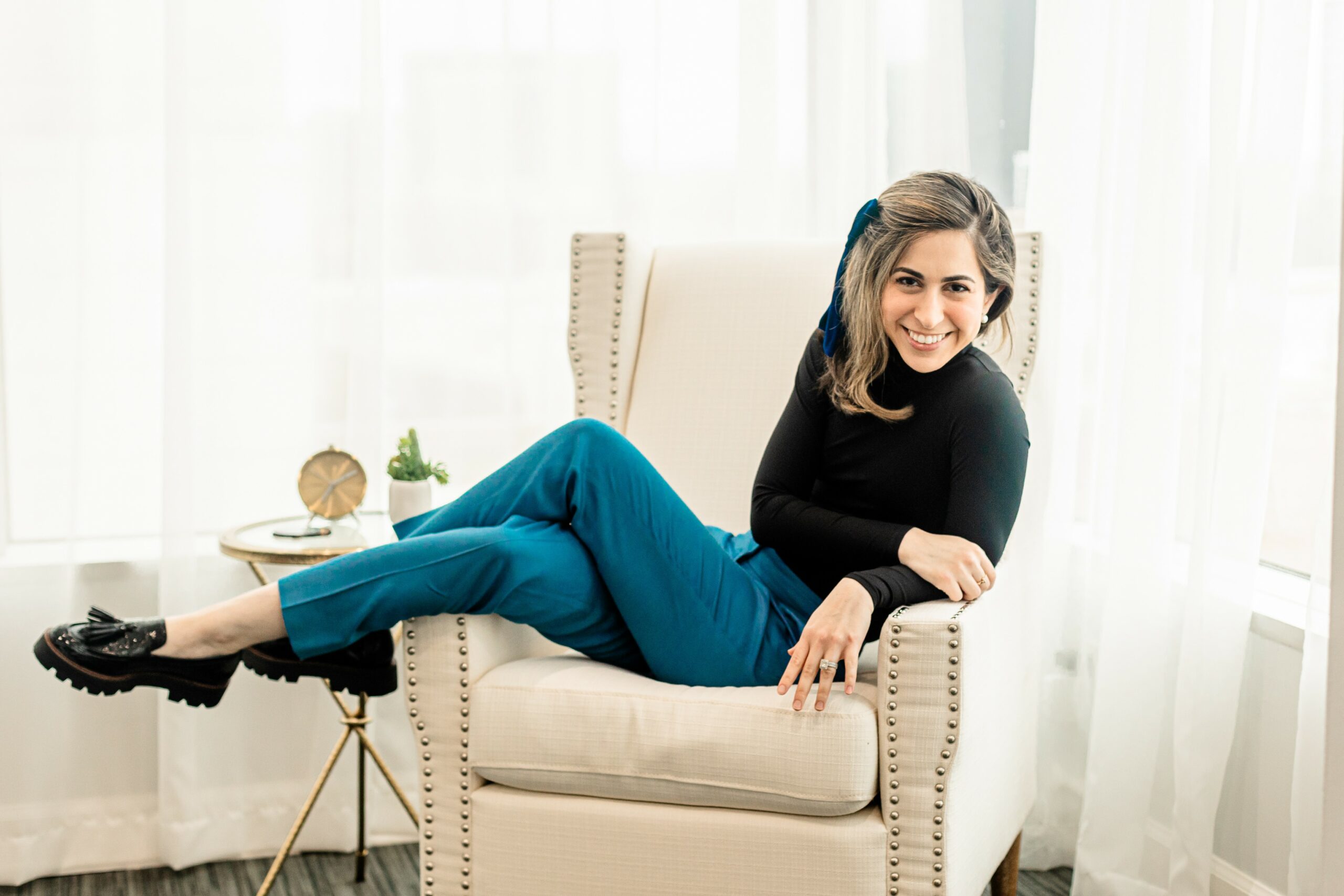
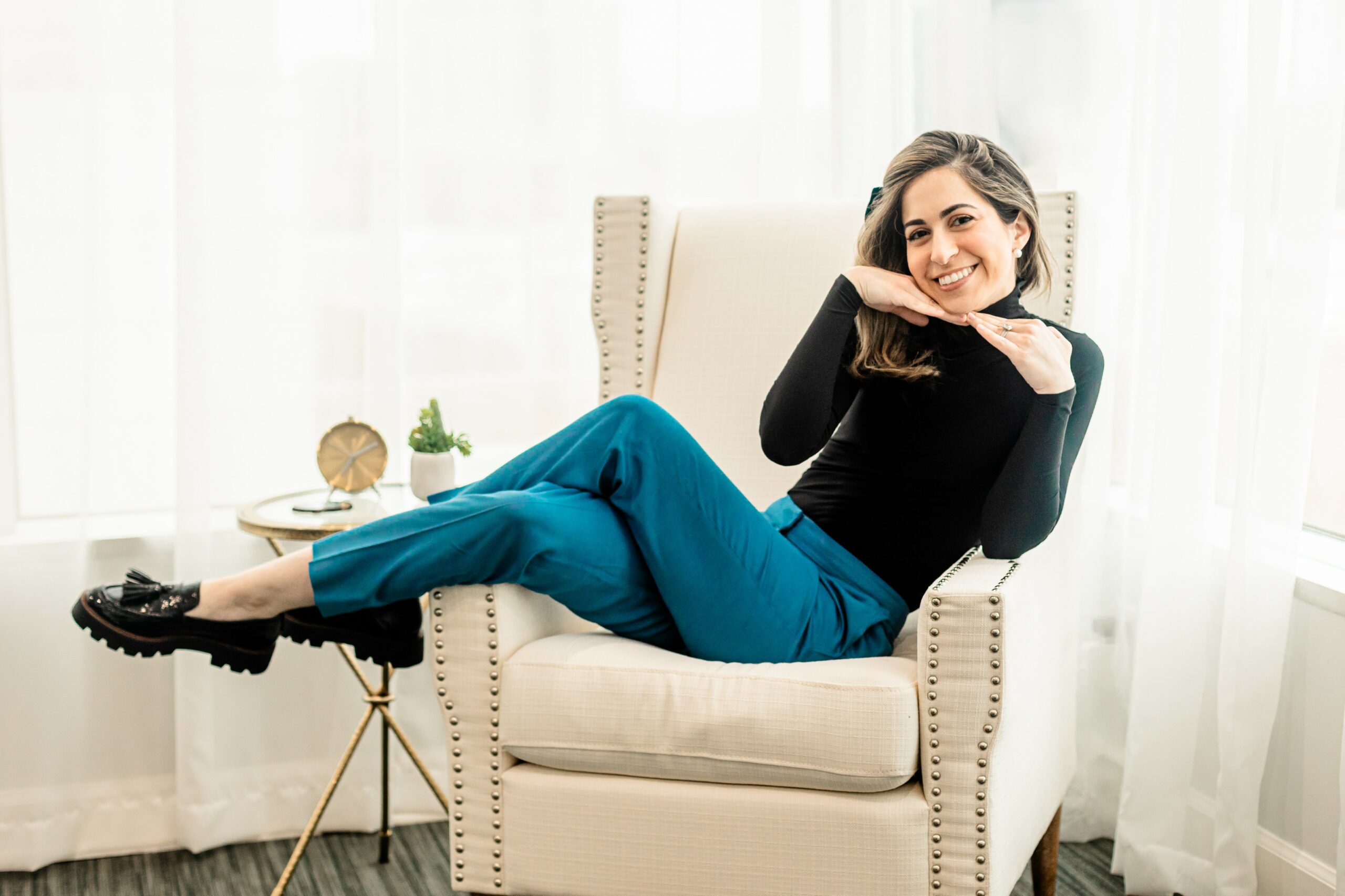
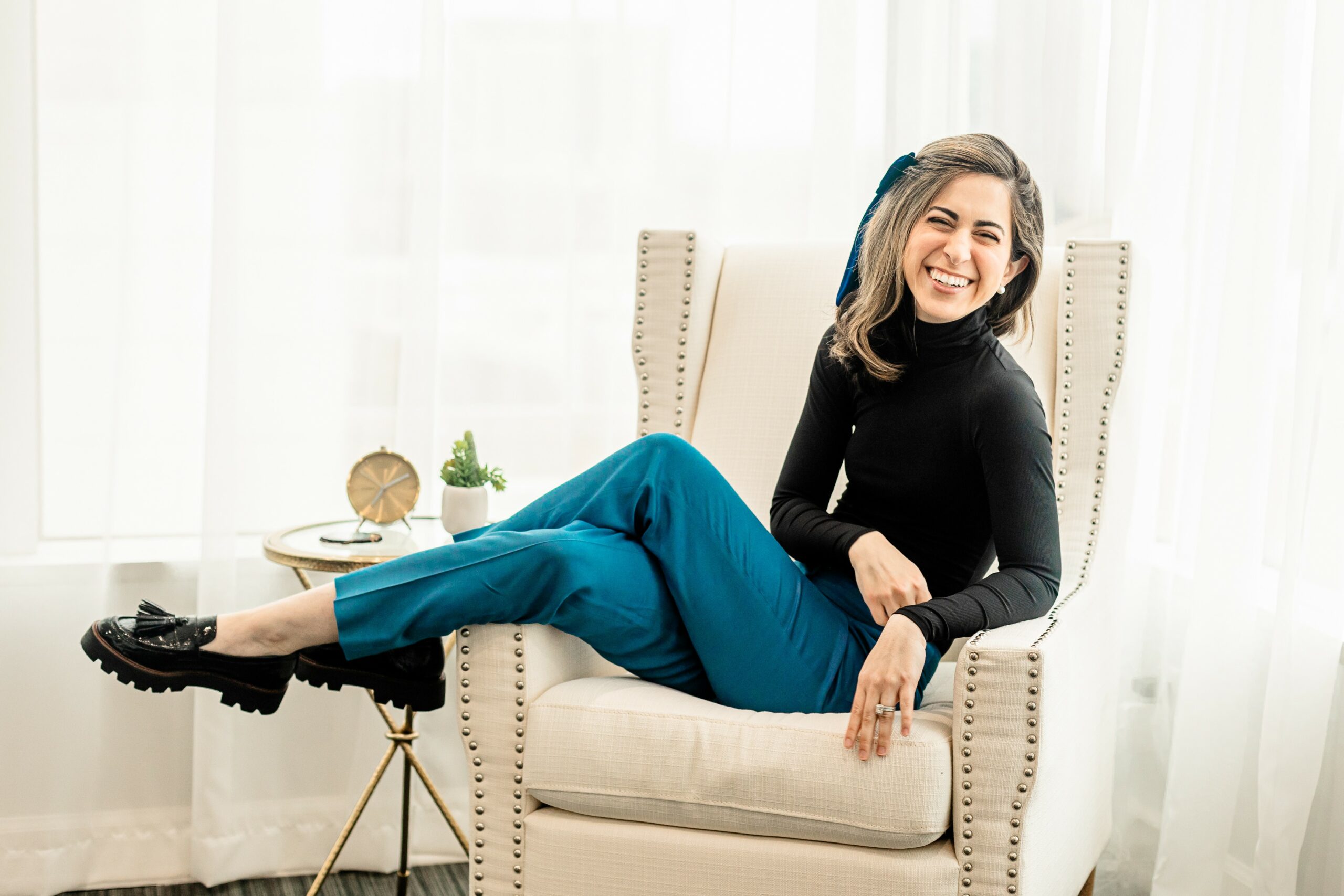
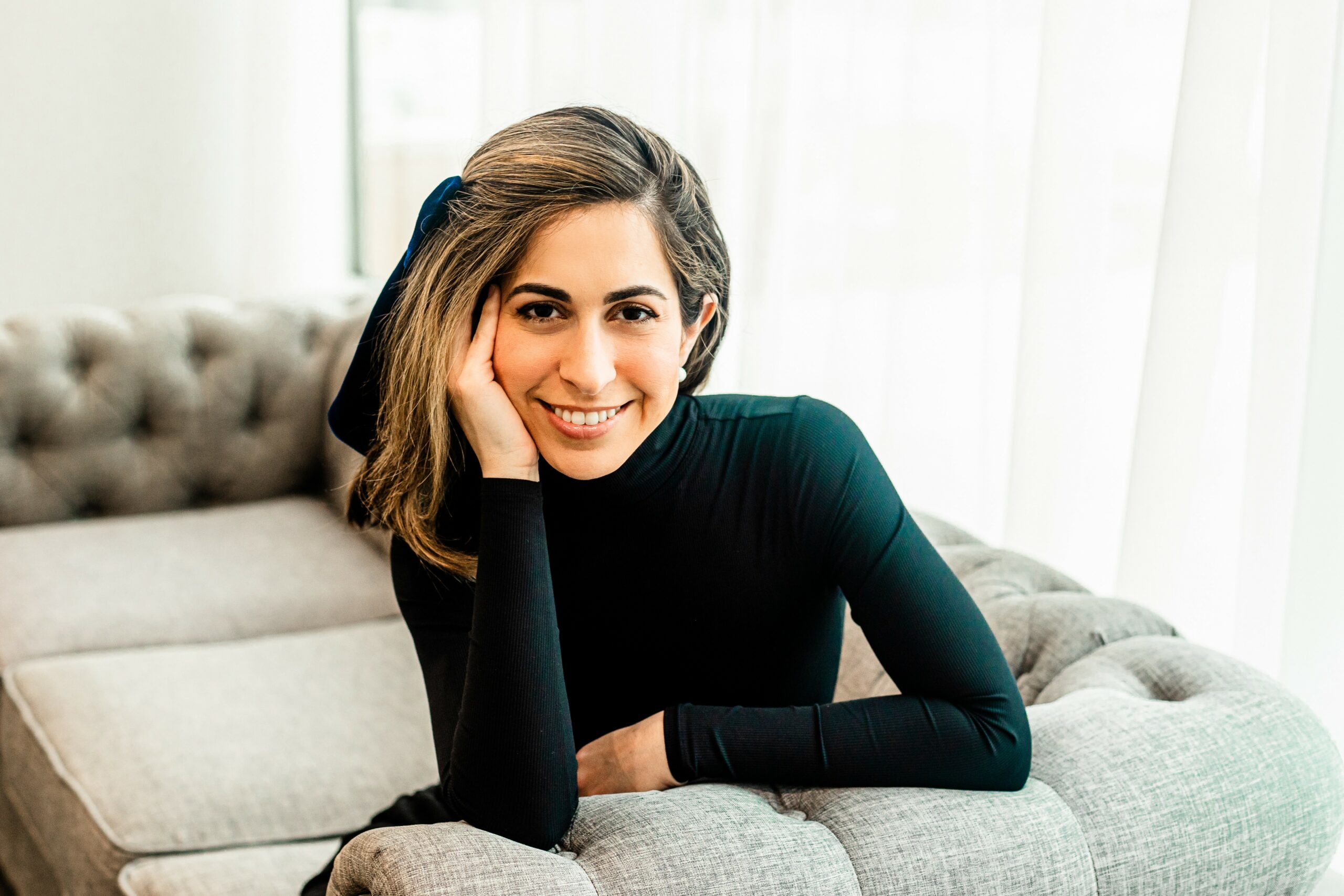
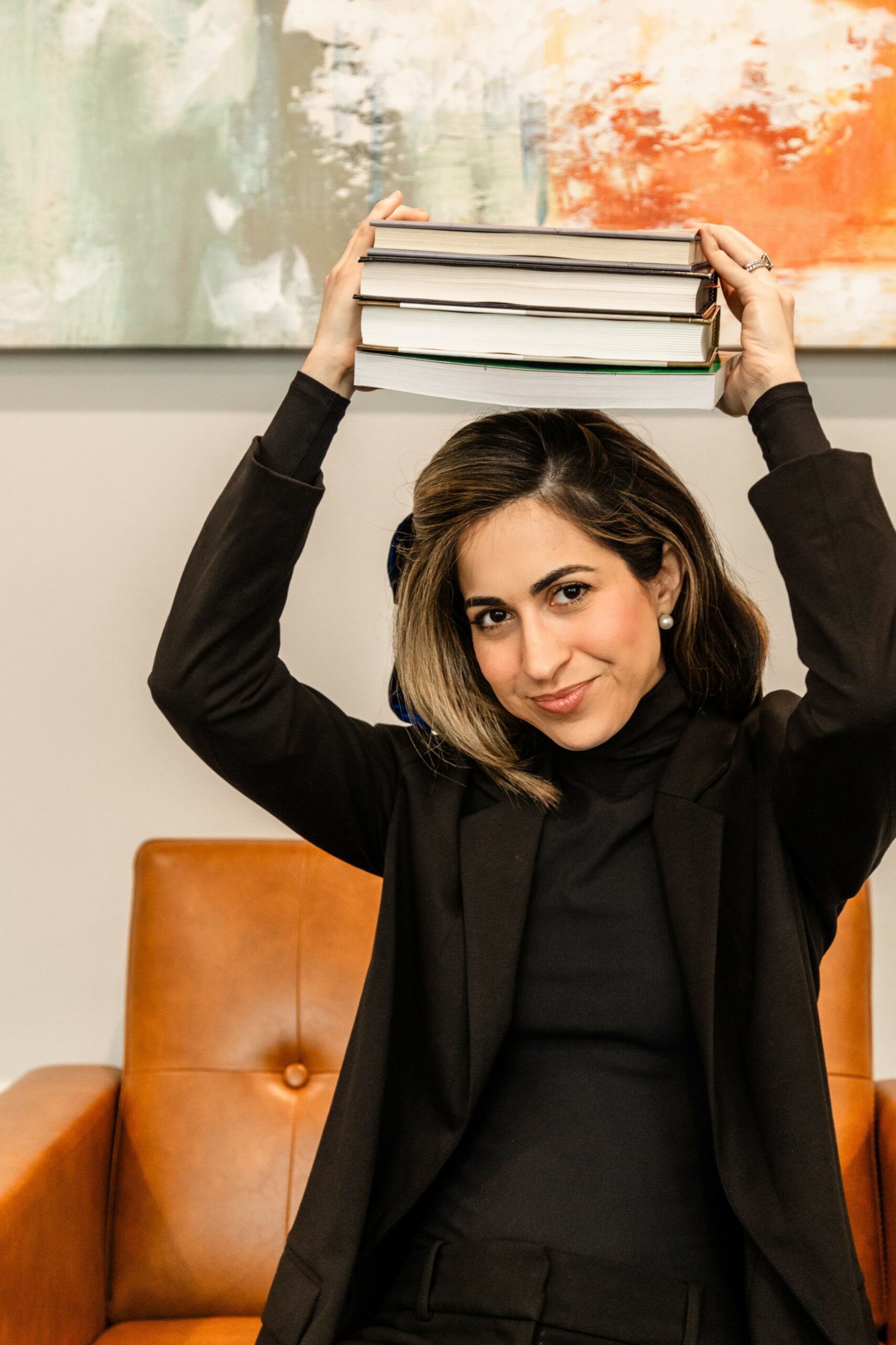

Image Credits
Paige Brigman of One Love Photography

